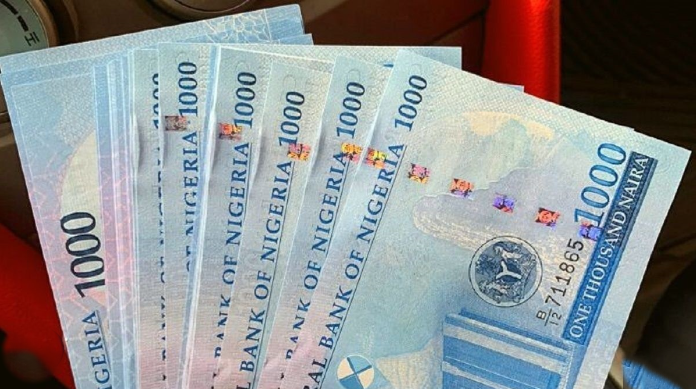By Jemimah Wellington, JKNewsMedia Reporter
NAIRA’s RECENT signs of stability highlight ongoing economic shifts in Nigeria.
The International Monetary Fund (IMF) attributes this progress to interest rate hikes and the Central Bank of Nigeria’s (CBN) efforts to clear foreign exchange backlogs.
The CBN announced on March 20 the successful settlement of all verified foreign exchange obligations, although an unverified amount of $2.4 billion remains under investigation.
Tobias Adrian, the IMF’s financial counselor, noted that the CBN’s measures, including the transition to an inflation-targeting regime and the liberalization of the exchange rate, are commendable.
Since Olayemi Cardoso became the CBN governor, reports say the central bank has raised interest rates multiple times to combat inflation, which currently hovers around 30 percent.
The latest hike on September 24 increased the rate by 50 basis points to 27.25 percent.
This decision sparked criticism from stakeholders, including the Manufacturers Association of Nigeria and the Lagos Chamber of Commerce and Industry, who argue that such policies hinder business sustainability.
Despite the World Bank ranking the naira among the poorest-performing currencies in sub-Saharan Africa for 2024, the currency has recently stabilized in the parallel market, fluctuating between N1,700 and N1,600 per dollar, while trading between N1,500 and N1,600 in official channels.





